In a shocking revelation, Somalia's electronic visa system has been breached, leaving thousands of travelers vulnerable to identity theft and other cyber threats. The incident has sent shockwaves across the globe, with the US and UK issuing warnings to their citizens to exercise caution when traveling to the East African nation.
Behind the headlines, however, lies a story of human impact. For thousands of individuals who have used the electronic visa system, the breach has raised serious concerns about the security of their personal data. The system, which was designed to streamline the visa application process, has now become a liability, exposing sensitive information such as names, addresses, and passport numbers to potential hackers.
The breach is believed to have occurred when unidentified hackers penetrated the system, compromising the data of at least 35,000 people, including thousands of American citizens. The incident has sparked a heated debate about the security measures in place to protect sensitive information and the consequences of a data breach.
Somalia's Immigration and Citizenship Agency has confirmed the breach, marking the first official acknowledgement by Somali authorities. The agency has since launched an investigation into the incident, but the damage has already been done. The breach has raised serious questions about the effectiveness of the electronic visa system and the need for robust security measures to prevent such incidents in the future.
According to a US Embassy statement issued on November 13, the breach has compromised the data of thousands of individuals who have used the electronic visa system. The statement read, "We are aware of a data breach involving the Somali electronic visa system, which may have compromised the personal data of thousands of individuals, including US citizens."
The breach has also highlighted the vulnerability of electronic systems to cyber threats. In an interview, cybersecurity expert, Dr. Ahmed Hassan, warned that the incident was a wake-up call for governments and organizations to prioritize cybersecurity. "This breach is a stark reminder of the importance of robust security measures to protect sensitive information," he said. "We need to invest in cybersecurity infrastructure and implement best practices to prevent such incidents in the future."
The breach has also raised concerns about the impact on the tourism industry in Somalia. The country has been working to revitalize its tourism sector, and the breach has dealt a significant blow to these efforts. "The breach has sent a negative signal to potential tourists, and we need to take immediate action to address the issue," said a tourism industry expert, who wished to remain anonymous.
As the investigation into the breach continues, the Somali government has promised to take swift action to address the issue. The government has vowed to implement new security measures to prevent similar incidents in the future and to provide support to those affected by the breach.
In the aftermath of the breach, it is clear that the electronic visa system needs a major overhaul. The incident has highlighted the need for robust security measures, transparency, and accountability in the handling of sensitive information. As the world becomes increasingly dependent on technology, it is essential that we prioritize cybersecurity and take proactive steps to prevent such incidents in the future.
In the words of Dr. Hassan, "This breach is a wake-up call for all of us to take cybersecurity seriously. We need to work together to prevent such incidents and protect the sensitive information of individuals." As Somalia works to rebuild its electronic visa system, it is clear that the country has a long road ahead in terms of addressing the technical and human implications of the breach.







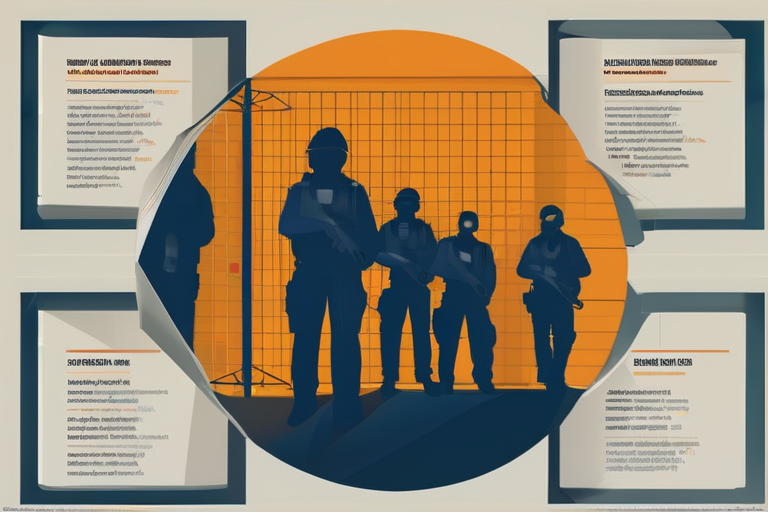
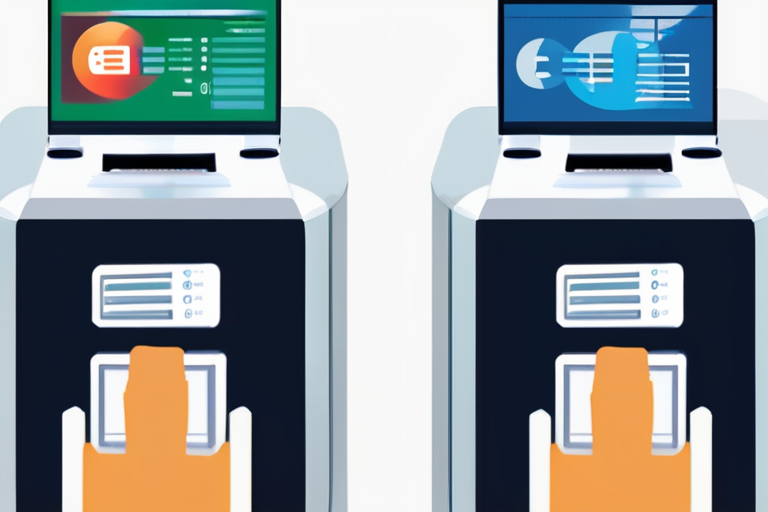


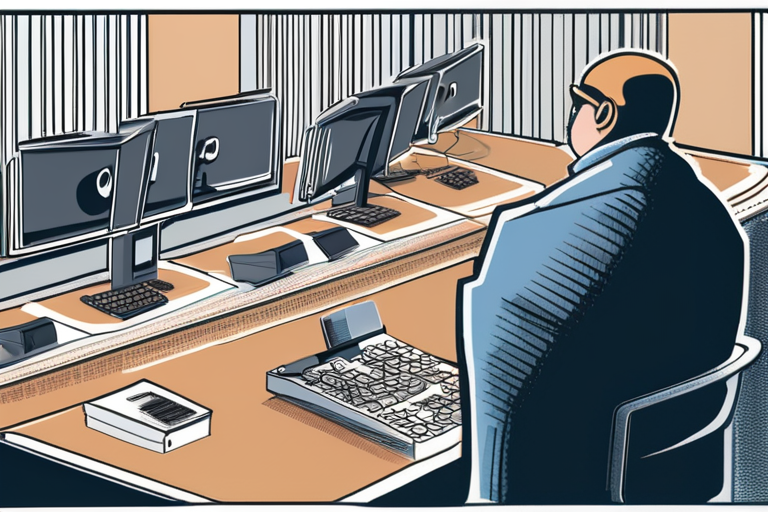










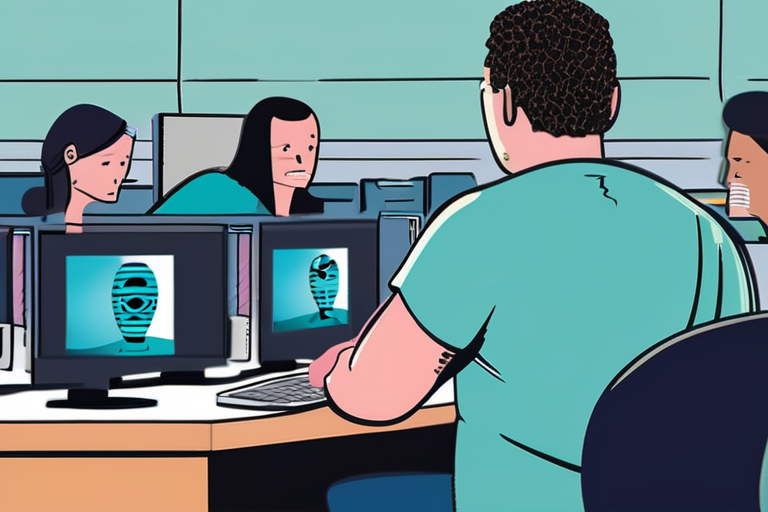
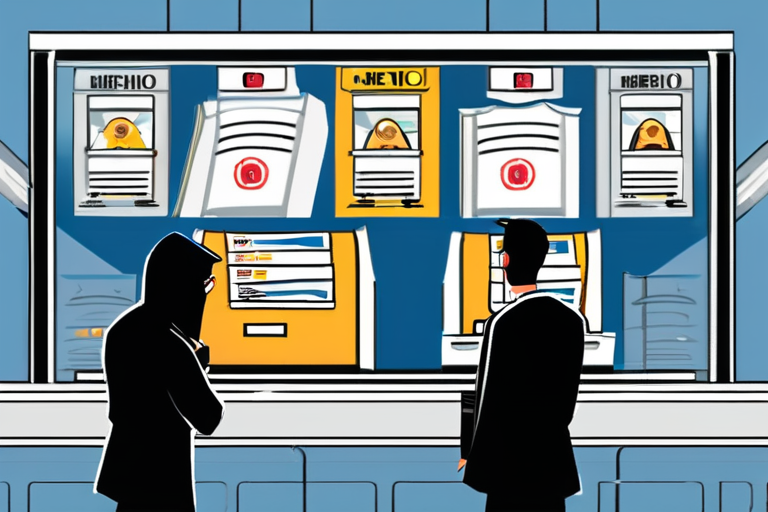
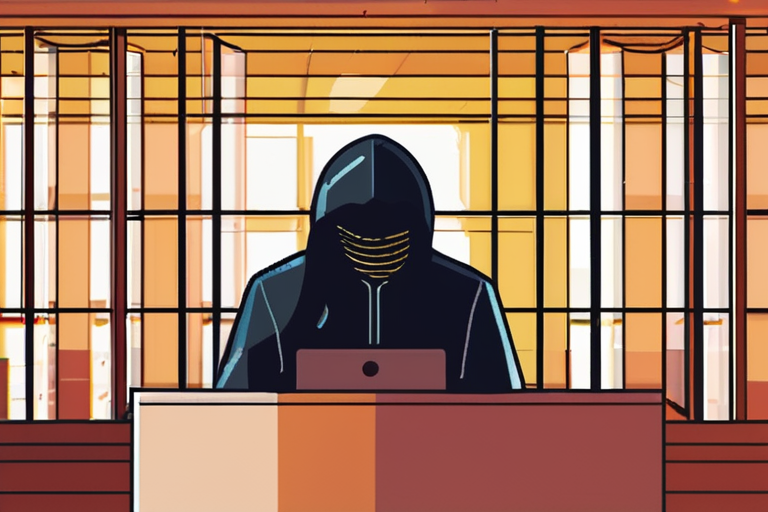
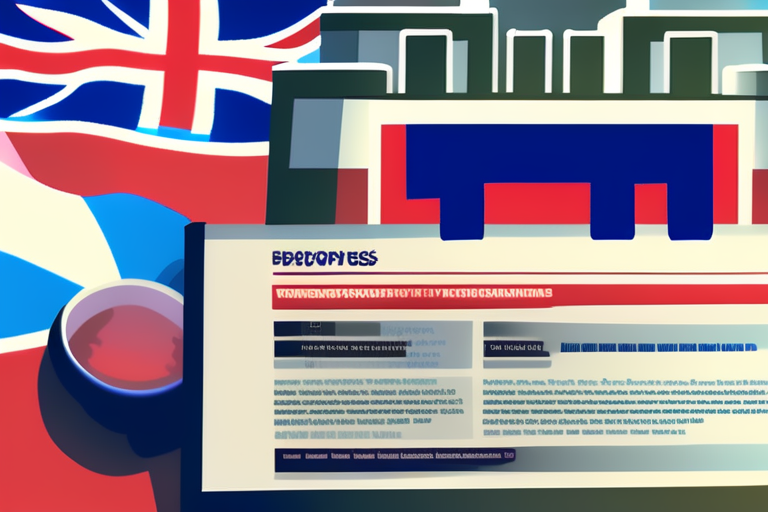
Share & Engage Share
Share this article